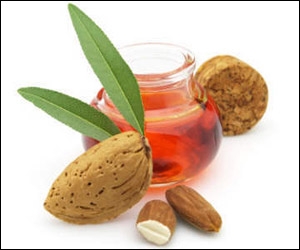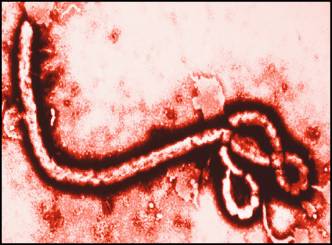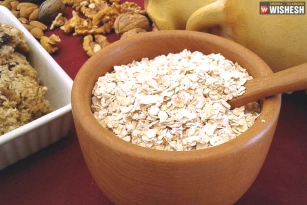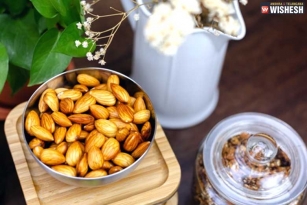
Researchers, including one of Indian origin, have found that a future weapon in the battle against obesity and diabetes could come in the form of an oil derived from the seeds of wild almond trees.
According to researchers at Missouri University of Science and Technology, the key to the oil's potential lies in its ability to affect certain microorganisms living in our bellies.
In the study, the researchers reported that adding sterculic oil to the diets of obese laboratory mice increased their sensitivity to insulin. This was due to the oil's effect on three types of microorganisms that live in the guts of the mice.
As a result, the researchers saw a "statistically significant improvement in glucose tolerance and insulin sensitivity in the obese mice," Shreya Ghosh, a Ph.D. student in environmental engineering at Missouri S and T, said.
The sterculic oil had no adverse affects on lean mice fed the same diet.
Sterculic oil is extracted from the seeds of the wild almond tree known as Sterculia foetida.
The research by Ghosh and her advisor, Dr. Daniel Oerther, builds upon previous studies conducted at the University of Missouri-Columbia. In those studies, sterculic oil was found to suppress the bodily enzyme stearoyl-CoA desaturase 1 (SCD1).
SCD1 is associated with insulin resistance, a condition that can lead to diabetes and obesity.
Other studies have shown that obese mice deficient in the hormone leptin have a different composition of "gut microbiota" than lean mice do.
Leptin helps regulate metabolism, and a deficiency of the hormone can contribute to obesity, says Oerther, the John and Susan Mathes Chair of Environmental Engineering at Missouri S and T.
In the Missouri S and T study, a diet supplemented by sterculic oil also correlated with lower levels of three types of gut microbiota-Actinobacteria, Bacilli and Erysipelotrichia-in the obese mice.
It isn't clear, however, whether the lower levels of those microbiota led to the improvement of glucose tolerance and insulin sensitivity among the obese mice, Oerther says.
To perform her experiments, Ghosh studied 28 male mice-14 of them obese and 14 normal, and each of them five weeks old at the beginning of the study.
She separated the mice into four groups and for nine weeks, fed a standard diet to one group of obese mice and one group of non-obese mice.
Over the same period, she fed the same diet, supplemented with 0.5 per cent of sterculic oil, to one group of obese mice and one group of non-obese mice. Ghosh recorded the weights, food consumption and glucose levels of the mice during the nine-week period.
After the nine weeks, researchers conducted a DNA analysis of the gut microbiota at King Abdullah Institute of Science and Technology in Saudi Arabia.
The results confirmed correlations between the diet, improved glucose tolerance and groups of microbes. Even though the mice fed a diet with sterculic oil did not experience weight loss, both Ghosh and Oerther believe their findings could lead to new insights into controlling diabetes and weight gain.
The study was presented at the American Society for Microbiology's general meeting in San Francisco.


























